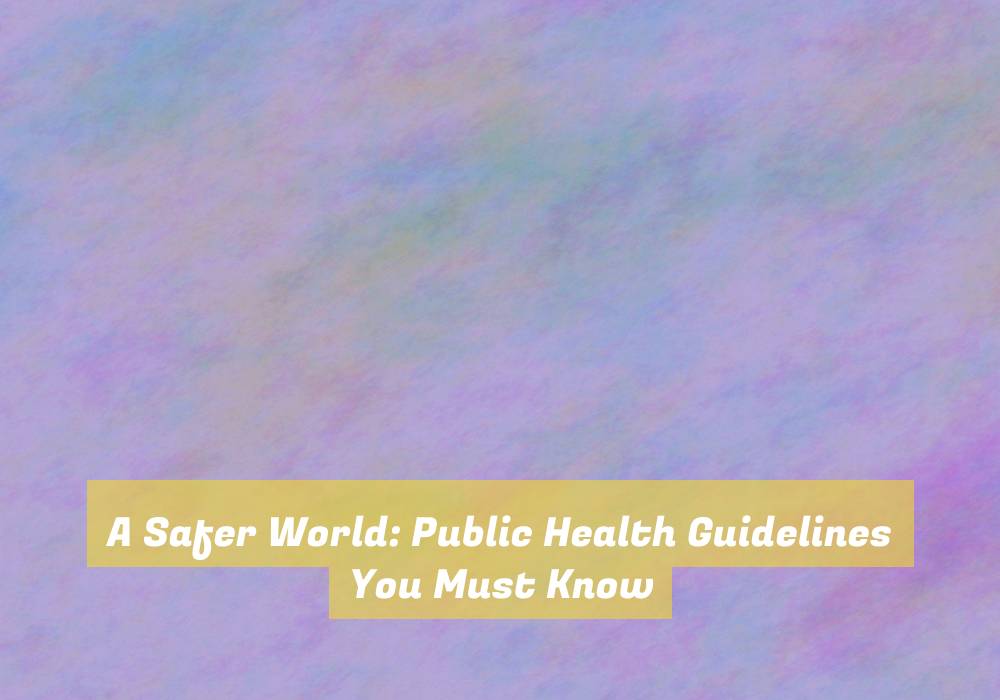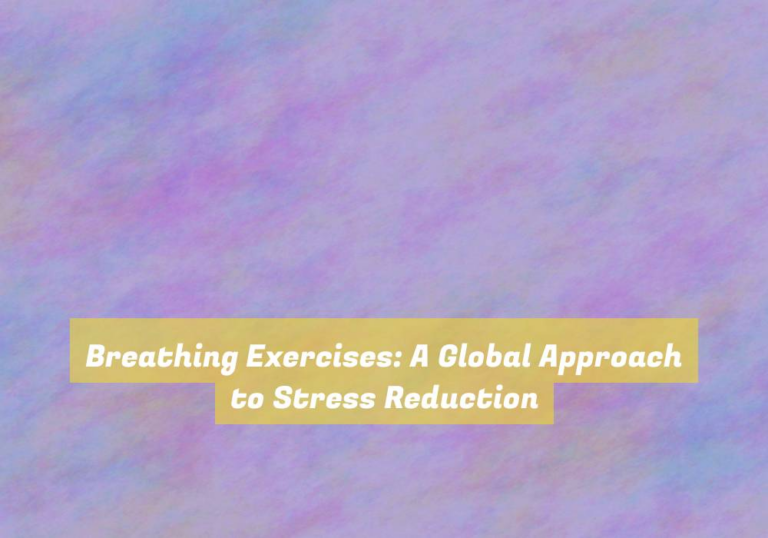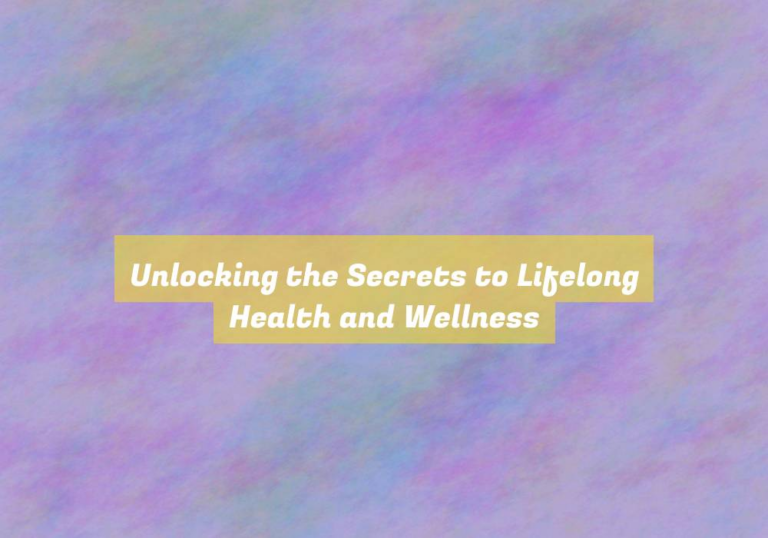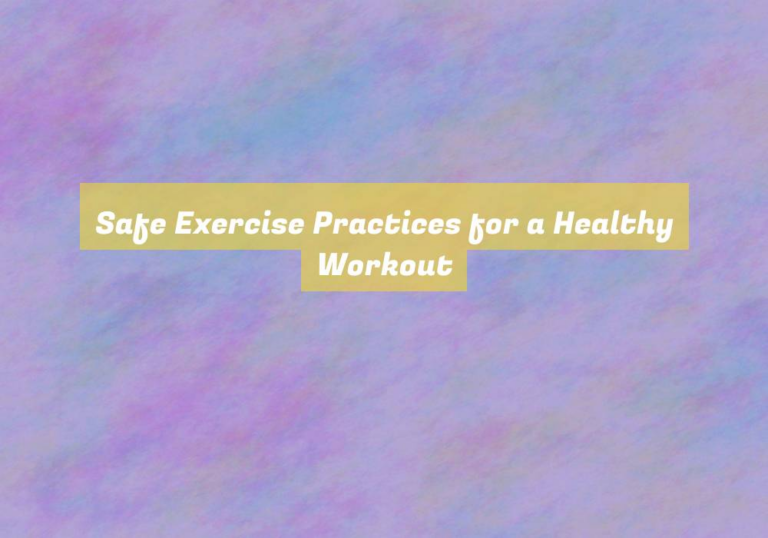A Safer World: Public Health Guidelines You Must Know
In todayG??s tumultuous times, taking heed of the public health guidelines is pivotal for a safer society. From hand hygiene to vaccination recommendations, a plethora of preventive measures can play a pivotal role in curbing the spread of infectious diseases.
But what are these guidelines, and how can they safeguard your well-being and that of your loved ones? LetG??s explore the essential public health guidelines you must know to navigate the ever-evolving landscape of health and safety.
Hand Hygiene and Preventive Measures
To effectively prevent the spread of germs and infections, itG??s crucial to maintain good hand hygiene by washing your hands frequently with soap and water. It may seem simple, but this practice is one of the most effective ways to protect yourself and others from getting sick. When you wash your hands, make sure to lather the soap and scrub all surfaces, including the backs of your hands, between your fingers, and under your nails. This process should take at least 20 seconds, which is about the time it takes to hum the G??Happy BirthdayG?? song twice.
In addition to regular handwashing, itG??s important to avoid touching your face, especially your eyes, nose, and mouth, with unwashed hands. Germs can easily enter your body through these areas, so keeping your hands clean and away from your face is essential for preventing infections. If soap and water arenG??t readily available, using an alcohol-based hand sanitizer with at least 60% alcohol can also be effective in killing germs.
Social Distancing and Gatherings
You must maintain a safe distance from others and limit the size of gatherings to reduce the spread of illnesses. Social distancing is crucial in preventing the transmission of viruses, including the current COVID-19 pandemic.
When in public spaces, strive to keep at least 6 feet of distance between yourself and others. Avoid crowded places where maintaining this distance is challenging.
When planning gatherings, consider the current guidelines provided by health authorities. Limit the number of attendees to a level that allows for adequate spacing and ventilation. Outdoor gatherings are generally safer than indoor ones due to better air circulation.
If you or someone you plan to meet has symptoms of illness, itG??s important to reschedule or opt for virtual gatherings to prevent the potential spread of the illness.
Vaccination Recommendations
Maintaining safe social distancing and limiting gatherings is pivotal in reducing the spread of illnesses.
To further protect yourself and others, itG??s essential to consider vaccination recommendations. Vaccines are a crucial tool in preventing the spread of infectious diseases.
ItG??s important to stay up to date with immunizations, as they not only protect you from getting sick but also help in creating herd immunity to safeguard those who canG??t be vaccinated.
The Centers for Disease Control and Prevention (CDC) provides a recommended vaccination schedule for children, adolescents, and adults to ensure theyG??re protected against common and potentially serious diseases.
Additionally, itG??s vital to consider specific vaccines when traveling to different regions or countries, as certain diseases may be more prevalent in those areas.
By staying informed about vaccination recommendations and following the suggested immunization schedule, you contribute to the overall health and safety of your community.
Take proactive steps to safeguard yourself and others by staying current with recommended vaccinations.
Travel Safety and Health Precautions
When traveling, itG??s essential to prioritize your health and safety by taking necessary precautions and staying informed about potential risks in your destination.
Start by researching any health advisories or travel warnings for your destination. Check if there are any specific health precautions recommended for travelers, such as vaccinations or preventive medications.
ItG??s crucial to pack a well-stocked travel health kit that includes essentials like prescription medications, pain relievers, and basic first aid supplies. Remember to carry any necessary medical documents, such as a list of allergies, blood type, and emergency contacts.
During your journey, make it a habit to wash your hands frequently and use hand sanitizer, especially before eating or touching your face. Be mindful of food and water safety, and opt for bottled water and well-cooked, hot foods to reduce the risk of gastrointestinal illnesses.
Additionally, protect yourself from insect bites by using insect repellent and wearing long sleeves and pants in areas where insect-borne diseases are a concern.
Conclusion
In conclusion, taking proactive steps to follow public health guidelines can significantly contribute to a safer world for everyone.
By practicing good hand hygiene, maintaining social distancing, getting vaccinated, and following travel safety recommendations, you can help protect yourself and others from the spread of infectious diseases.
ItG??s important to stay informed and take these preventive measures seriously in order to promote a healthier and safer environment for everyone.




